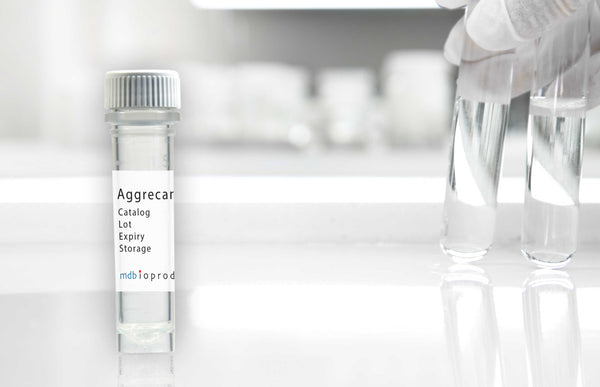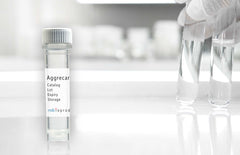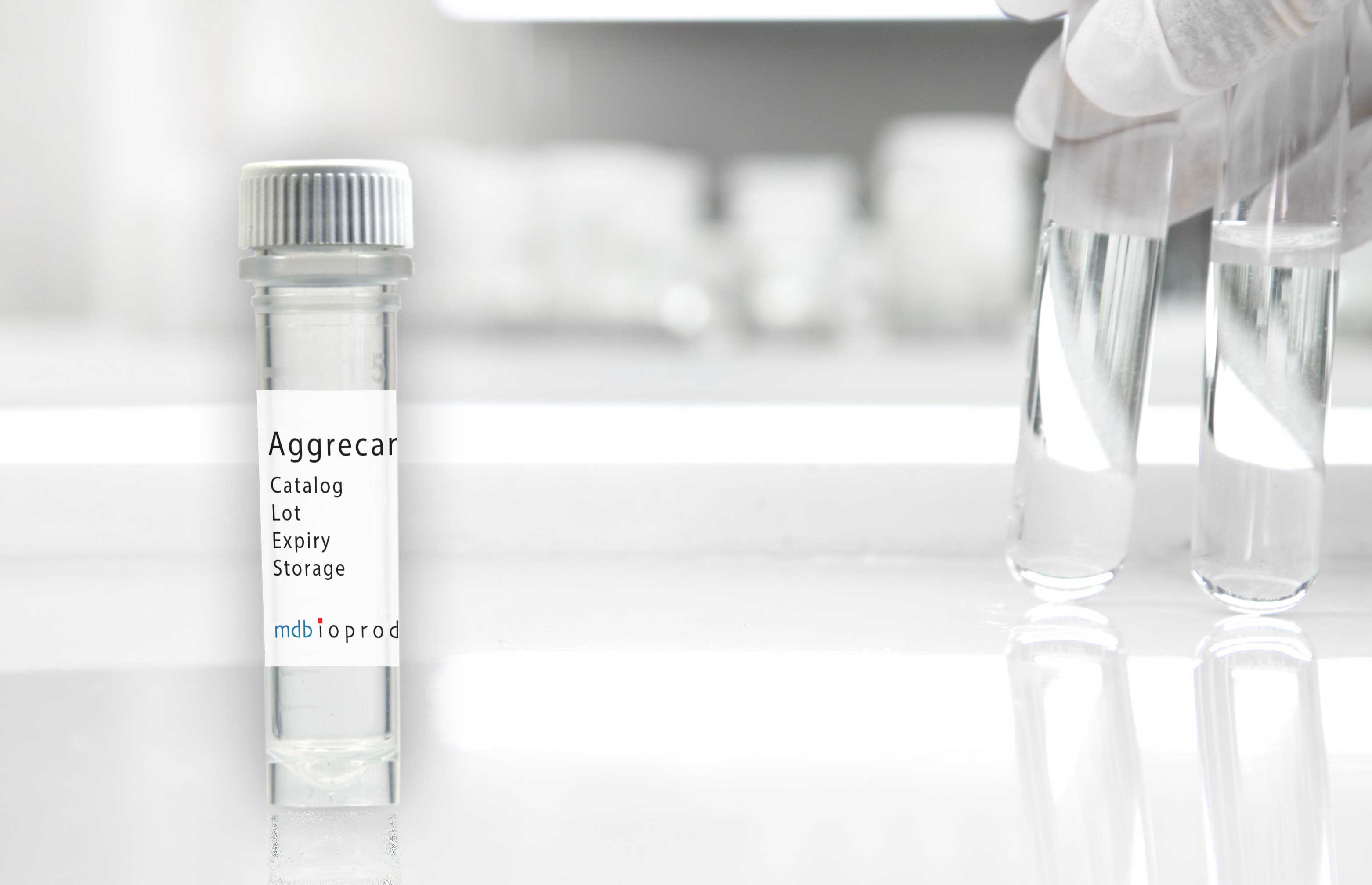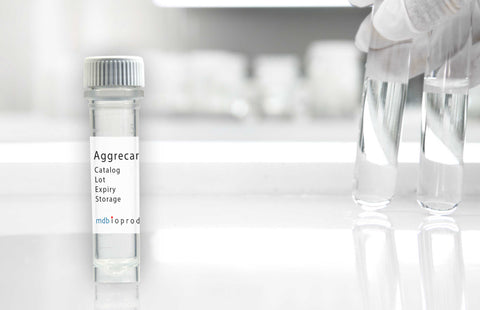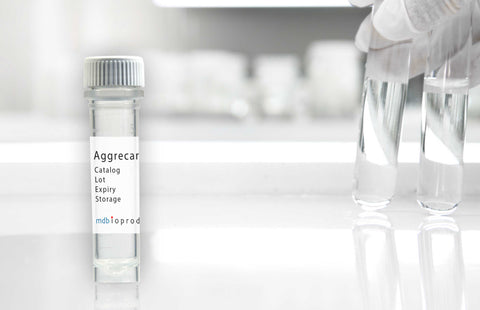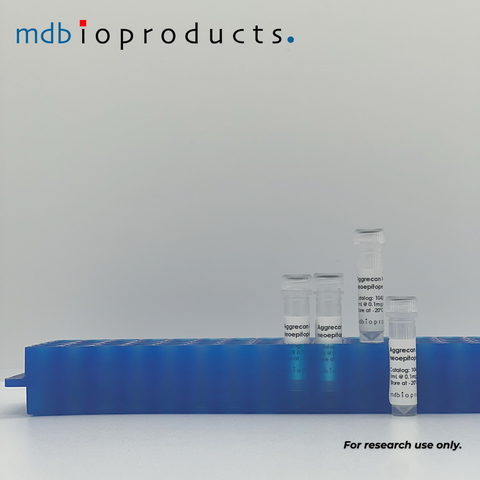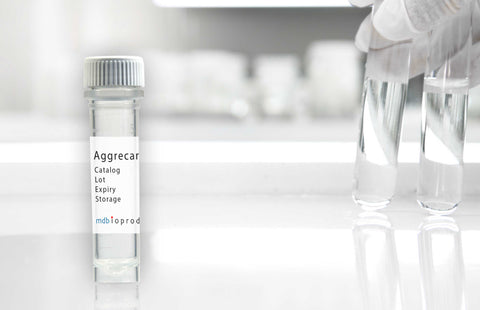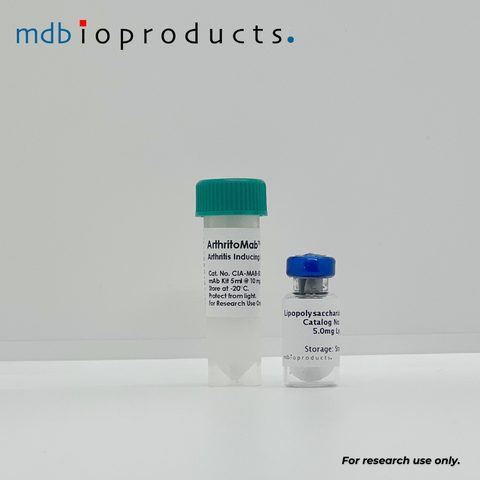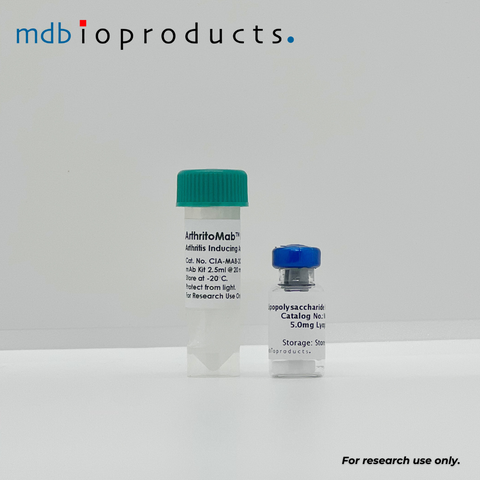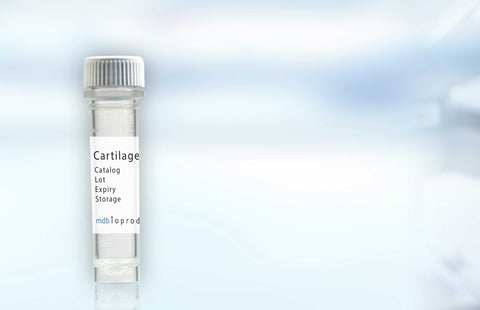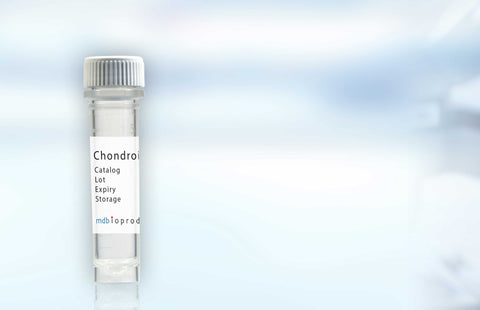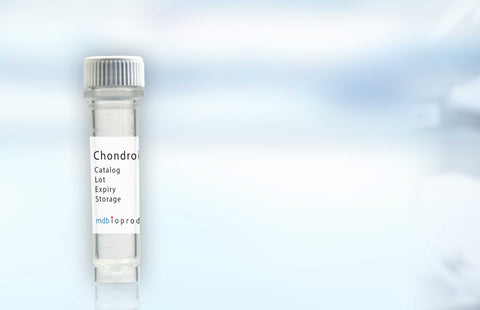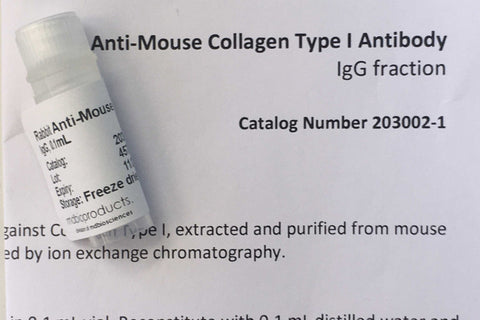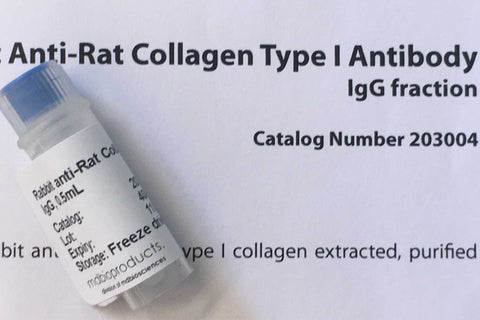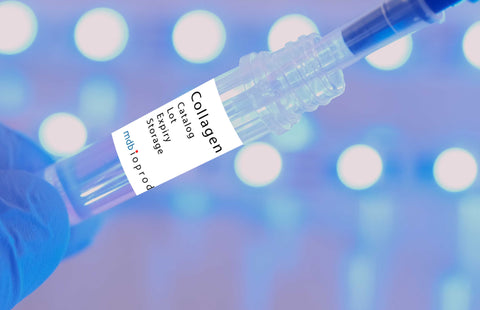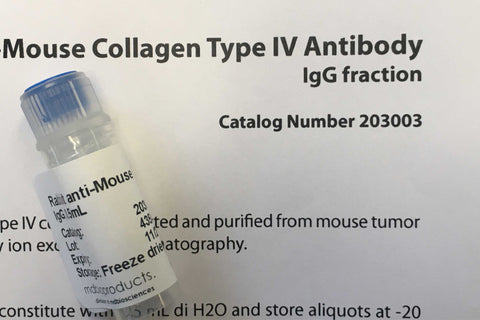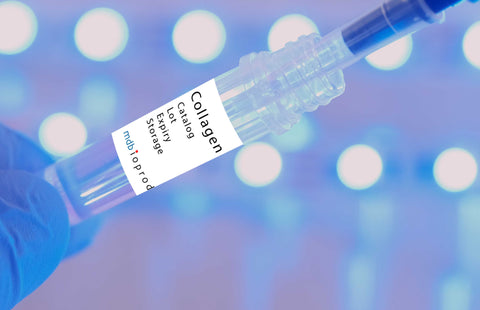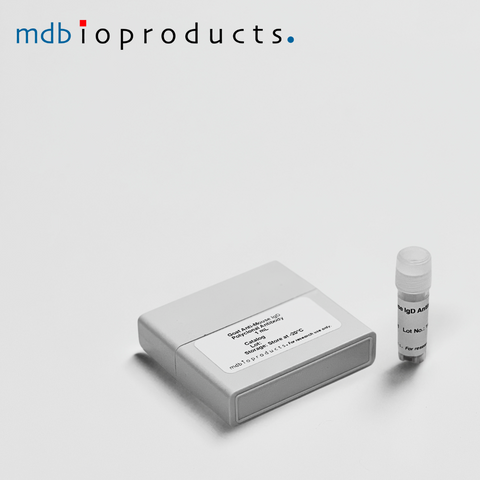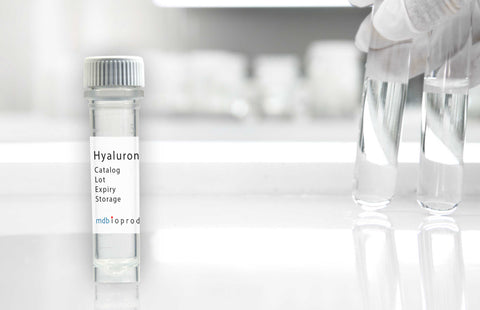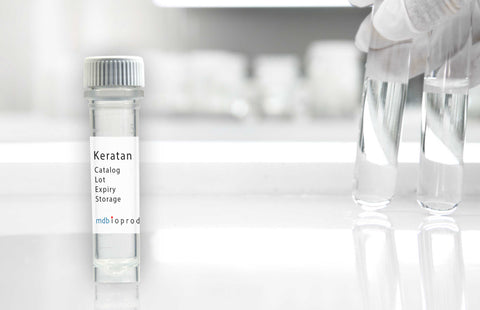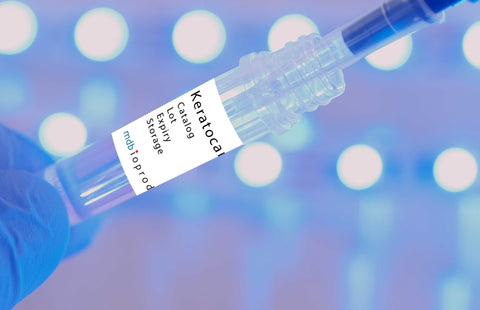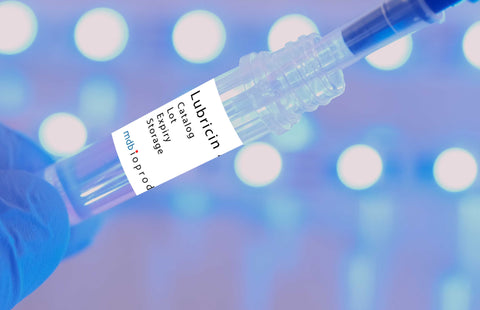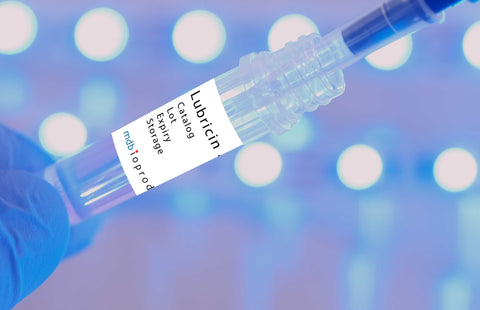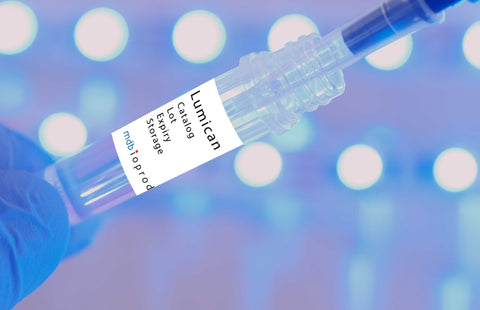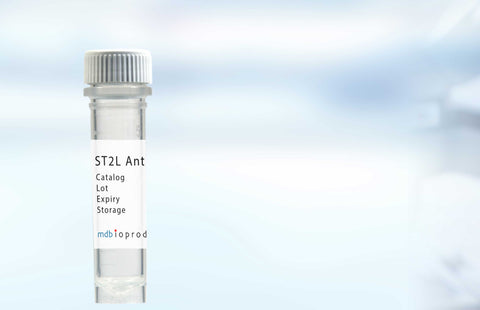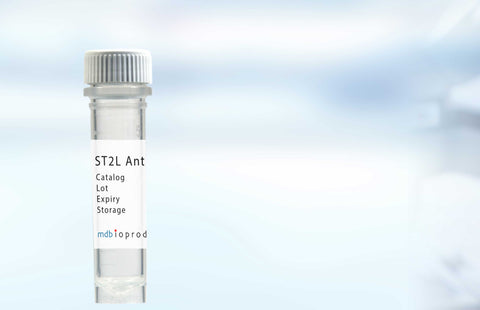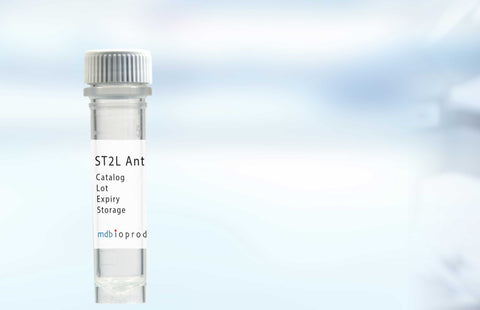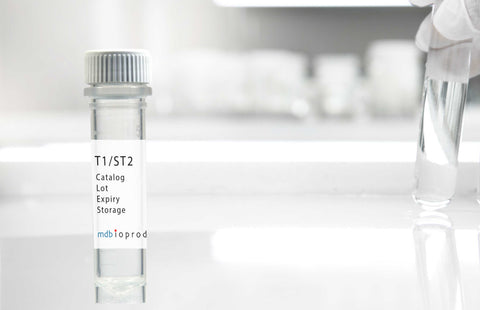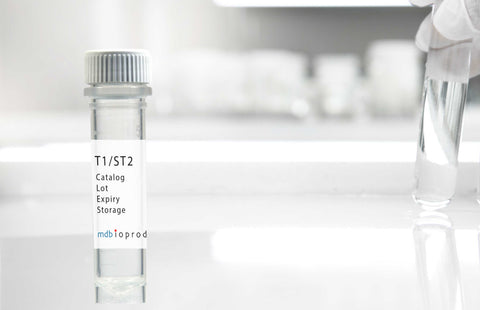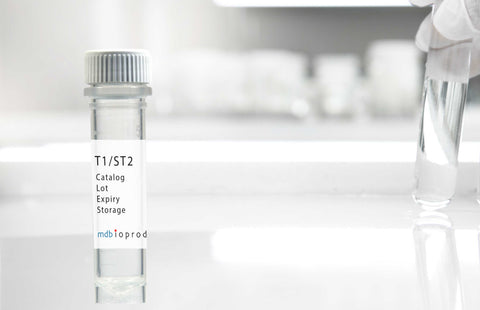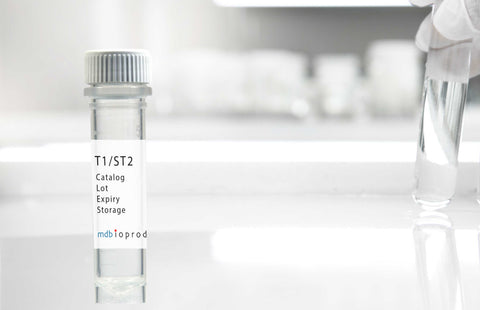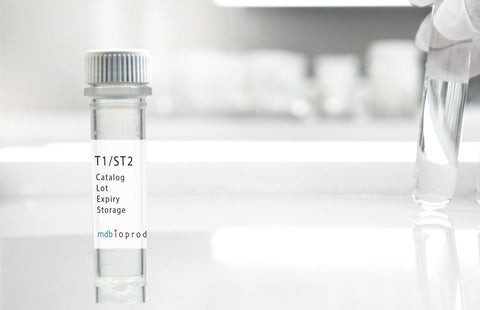Aggrecan Antibody, N-terminal neoepitope ARG, 100 ug
Aggrecan monoclonal antibody to N-terminal neoepitope ARG (mouse, clone BC-3). Aggrecan degradation products containing this neoepitope are rapidly released from the tissue in model explant culture systems and are also present...
Antibodies
1042001
Aggrecan monoclonal antibody to N-terminal neoepitope ARG (mouse, clone BC-3). Aggrecan degradation products containing this neoepitope are rapidly released from the tissue in model explant culture systems and are also present in the synovial fluids of patients with degenerative joint disease.
During differentiation of neural precursor cells, neurospheres downregulate Chondroitin sulfate proteoglycans (CSPGs). Proliferating neural precursors synthesize lecticans, including aggrecan, which are downregulated with differentiation; suggesting a link between CSPGs and CNS precursor biology.
References/Citations:
Clement-Lacroix, P., Little, C. B., Smith, M. M., Cottereaux, C., Merciris, D., Meurisse, S., ... & Amantini, D. (2022). Pharmacological characterization of GLPG1972/S201086, a potent and selective small-molecule inhibitor of ADAMTS5. Osteoarthritis and Cartilage, 30(2), 291-301.
Brebion, F., Gosmini, R., Deprez, P., Varin, M., Peixoto, C., Alvey, L., ... & Amantini, D. (2021). Discovery of GLPG1972/S201086, a Potent, Selective, and Orally Bioavailable ADAMTS-5 Inhibitor for the Treatment of Osteoarthritis. Journal of Medicinal Chemistry, 64(6), 2937-2952.
Powell, A. J., Little, C. B., & Hughes, C. E. (2007). Low molecular weight isoforms of the aggrecanases are responsible for the cytokine‐induced proteolysis of aggrecan in a porcine chondrocyte culture system. Arthritis & Rheumatism: Official Journal of the American College of Rheumatology, 56(9), 3010-3019.
Little, C. B., Hughes, C. E., Curtis, C. L., Janusz, M. J., Bohne, R., Wang-Weigand, S., ... & Caterson, B. (2002). Matrix metalloproteinases are involved in C-terminal and interglobular domain processing of cartilage aggrecan in late stage cartilage degradation. Matrix biology, 21(3), 271-288.
Caterson, B., Flannery, C. R., Hughes, C. E., & Little, C. B. (2000). Mechanisms involved in cartilage proteoglycan catabolism. Matrix Biology, 19(4), 333-344.
Product Insert (PDF) - Informational use only. Please refer to insert included with product.
Specifications:
- Immunogen: ARGSV synthetic peptide conjugate.
- Clone: BC-3
- Host: Mouse
- Myeloma: x63-Ag8.653
- Isotype: IgG1
- Light Chain type: kappa
- Specificity: Recognizes the aggrecanase (ADAMTS-1, -4 & -5)-generated N-terminal neoepitope ARG after cleavage between amino acids EGE and ARG within the interglobular domain of aggrecanase-catabolised aggrecan (Human aggrecan sequence enumeration). This antibody will not recognize the sequence ARG if it is in the non-cleaved intact aggrecan protein core; i.e. it will only recognize the aggrecanase generated neoepitope ARG.
- Cross-reactivity: human, rat, cat, cow, dog, guinea pig, horse, pig, rabbit and sheep.
- Purity: Affinity purified on protein G
- Form: Liquid, 1 mL/vial
- Concentration: 0.1 mg/mL

